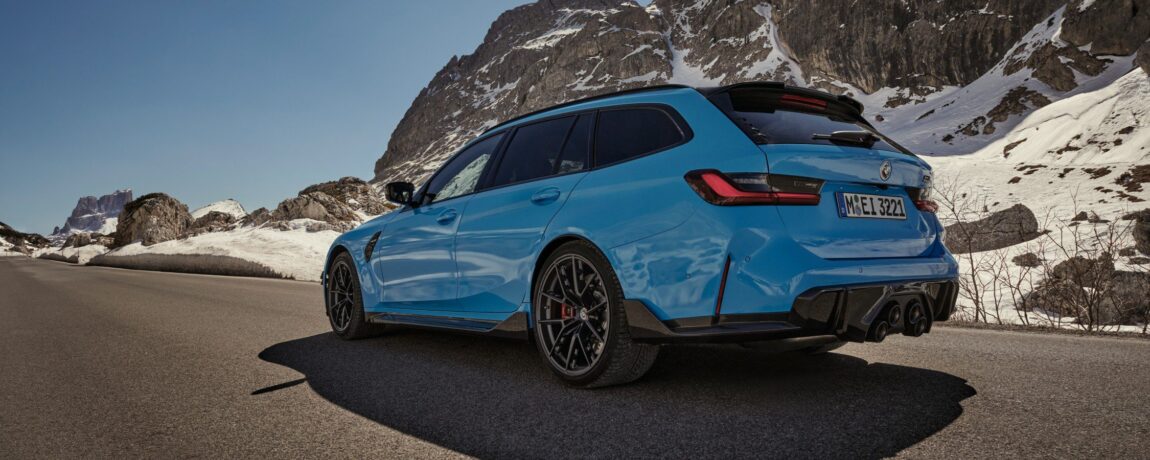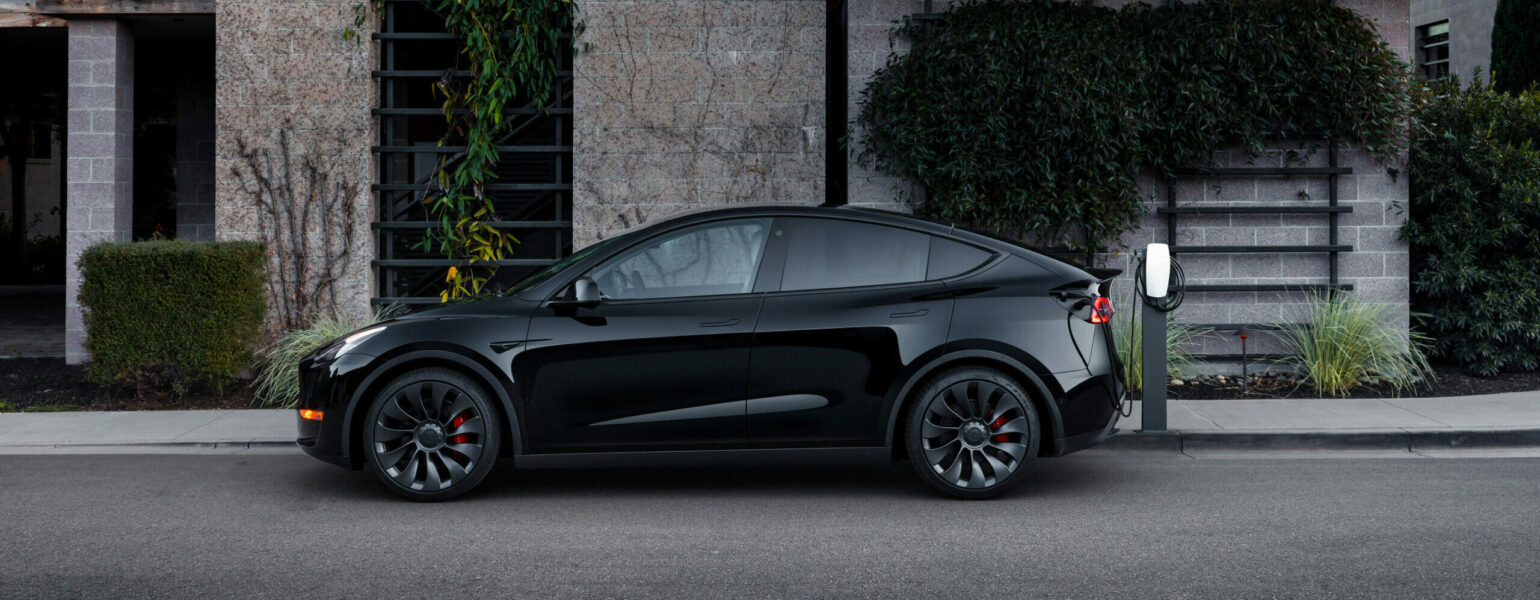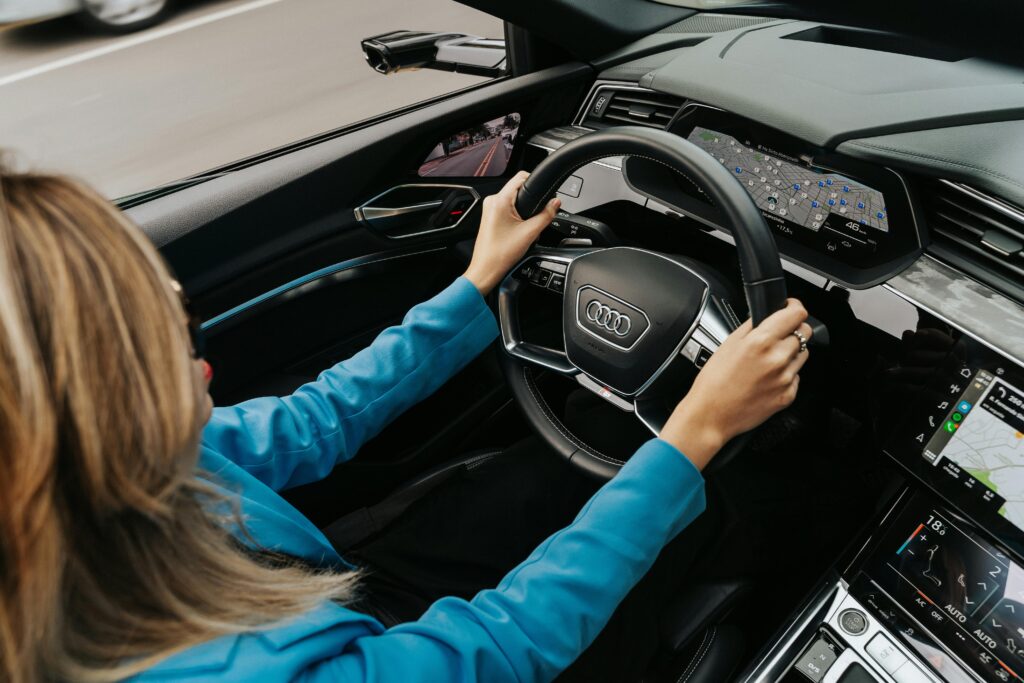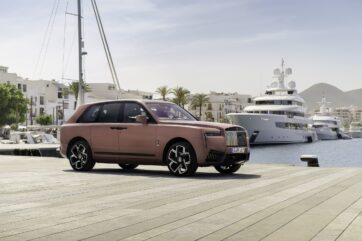
What Is Depreciation? – Our Ultimate Guide
Other than purchasing a property, a vehicle is one of the biggest purchases in most people’s lives. For many of those buyers depreciation is the single most important factor as to what vehicle they are deciding to buy, and with good reason. As such a large investment you want to make sure you aren’t losing out on the value of your hard-earned money as your drive around in your car.
The amount of value that a vehicle loses over the period of ownership can affect everything from the amount you are paying for it each month, to the deposit you can place, and the amount of equity that you have left when it comes time to change it, as well as many other factors. It may be mostly associated with a new vehicle purchase, but it is just as crucial for pre-owned vehicles, when they are being bought as much as when they are being sold.
So, what is depreciation and what factors do you need to look out for when purchasing a vehicle. Also, what can you do about it to ensure your vehicle retains as much value as possible when the time comes to sell or part exchange it. Keep reading for our breakdown of the ins and outs of depreciation.
What Is Depreciation?
Put simply, deprecation is the difference between how much you pay for your car when you buy it and the amount it is worth when you come to sell it. A vehicle that depreciates slowly will hold on to its value better, and therefore will be worth more when you come to sell it, than a car that depreciates quickly, which loses its value more quickly.
How Does Depreciation Work?
The depreciation of a vehicle is not a gradual process that takes effect evenly over the time you own a vehicle, quite the opposite in fact. If you are buying a brand-new car, the amount a car depreciates in its first year is the greatest, which then becomes a little less in year 2, then again in year 3 before slowing down after the third year. By the time a car is 8 years old, in the majority of vehicles, the depreciation may have stopped entirely.
Recent economic factors such as lockdown and supply chain issues meant that values of cars have fluctuated much more than usual, and the used car market has taken quite some time to get back to ‘normal’. Whilst this meant that used cars in the couple of years that followed lockdown managed to depreciate much slower than usual, the past couple of years have seen a readjustment with values dropping quicker than usual to return to the levels they were previously.

How Does Depreciation Affect My Monthly Payments?
One of the most popular finance products that people use these days to fund their vehicles are a Personal Contract Purchase or PCP. Many people may feel that because they usually purchase a vehicle on a PCP, they do not need to worry about depreciation so much as they do not intend on buying the car at the end of the term. As most PCP users intend on returning the car at the end of their agreement, which has a guaranteed future value as part of the agreement anyway so why would it matter on how much it has depreciated, right?
Not entirely. Yes, you are protected by the fact that if the car depreciates more than expected you can return the car, within the terms stated in part of the agreement, and not have to worry about if it is now worth less than the value the finance company had stated. But equally, and perhaps more importantly, a car that has depreciated slowly and therefore has retained more residual value than the guaranteed future value had predicted, will enable you to receive more equity as a deposit for you next vehicle or to retain as cash.
Whilst the guaranteed future value is a predicted value of the vehicle after the term you are taking out, it also determines a large part of the monthly payment as It is also the amount of value the vehicle will be expected to lose over that time. As well as the deposit you are putting in, the interest rate and the total value of the car, the future value, also known as the balloon payment, is a large part of what makes up your monthly payment amount.
For example, if you were to look at financing two different cars that had a list price of £50,000 with identical interest rates and deposit amount, a brand or model that is expected to depreciate a lot over the term would have a higher monthly payment as the guaranteed future value would be much lower.
Most finance packages are reliant on covering the cost of the depreciation over the term of the finance agreement, so a vehicle that retains its value well is always going to be more likely to have a cheaper monthly payment than one that depreciates quicker. But even for the packages that aren’t dependant on covering the depreciation, you are always going to end up better off with a car with the most residual value that remains by the end of the agreement.

What Factors Affect Depreciation?
So how can you know if a car is going to depreciate a lot or a little before you buy it. It can often depend on a lot of factors, like the recent lockdown demand and supply price inflations showed, however you are still more likely to be better off by following what has traditionally been a usual factor.
Some factors are determined by the vehicle you are choosing while others are things you can influence yourself. So, what are the factors that affect depreciation, the main points are:
- Brand and Model Reputation
One of the biggest factors responsible for a vehicle’s depreciation is the reputation of the manufacturer. Sought after brands and models are obviously likely to depreciate less due to their desirability. This can be the prestige of the brand or the appeal of the vehicles they produce. This also applies to those with a strong reputation for safety and reliability, a driving factor for many buying a car in the first place. A reliable car that appeals to families is always going to be in demand and hence ensures values remain strong.
- List Price
A more obvious factor but one you may not have considered when choosing between two similar models, is price. As depreciation tends to be a percentage of value that a vehicle loses over time, if that starting price is greater, it is likely to lose more value than a cheaper car. This can be quite a difference when choosing between two similar models that may be priced a few thousand pounds apart in terms of value.
- Demand & Deliverability
Shortage in supply combined with demand for a model may see depreciation be affected, even if it is only temporary. This could be shortage of supply as we saw during lockdown or the appeal and demand of a brand-new model. It isn’t unusual for a new model of car that is in high demand be worth more than it was originally bought for after a few months or longer, therefore by the time it is sold it might have actually appreciated or be worth just as much as when it was first bought. The same can obviously said for a classic vehicle.
- Mileage
Mileage is one of the main influences that can be controlled by the vehicle’s user, although it may not contribute as much as you might think. Vehicles that are part of a finance agreement that has mileage terms with it are obviously going to be affected more than others, however these days it isn’t such a contributing factor as it used to be, within reason. Obviously a car that is just a few years old yet has covered many tens of thousands of miles is going to be less appealing than one that has barely covered a few thousands in the same amount of time. But sensible mileage spaced over the time you own the vehicle is always going to be favourable towards the car’s residual value.
- Service History and Warranty
One of the first questions you would get asked about a car when it comes time to sell is if it has a full-service history, and many will prefer it to be done by a brand’s ‘main dealer’. This theoretically ensures that a car has been looked after properly and at the manufacturer’s set time and mileage preference to ensure it is maintained properly. Also, a vehicle that is still covered by a warranty will always help add value to a car for a potential next owner.
- Fuel Efficiency and Maintenance
In the same way that a warranty and service history will ensure a car can maximise its value, one that is less expensive to run and maintain will also be more sought after by potential buyers. This factor is something that has seen more of an effect recently thanks to the fact that there are an abundance of hybrid models currently on the market that are cheap to run on a daily basis, hence hybrid depreciation is currently performing much better than the combustion engine or fully electric equivalent models.
- Road Tax
Again, something that is very much on topic recently is the amount of car tax a model is required to pay annually. With the recent Autumn Budget announcement that certain models have been subject to large increases on car tax amounts, some vehicles have seen their demand fall, and effectively their residual value, as a result. A vehicle that is cheap to tax year in year out is always going to remain sought after and therefore have a certain influence on its depreciation.
- Previous Owners
One that is more applicable to used vehicles are the number of owners that a car may have had. Whilst many would argue that it is a fairly irrelevant statistic these days, vehicles, and in particular those of a certain age and above, are more sought after if they have a low number of owners. It may be more of a psychological factor but it certainly makes a difference to a car’s perceived value and how sought after the lower the number of owners are.
How Much Does The Average Car Depreciate?
The amount a car depreciates is determined by a lot of factors however on average the amount a car depreciates over its lifetime follow a similar pattern. Obviously different models and manufacturers will lose their value at different rates, however as a guide, the average car depreciation amounts are as follows:
In the 1st Year: 15-35% depreciation
After 3 Years: 40-60% depreciation
After 5 years: 60-70% depreciation
In Years 8-10: 80% depreciation
This means that by the time a vehicle is 8 years old the average amount of value it has retained from its original list price is around 20%. With the average lifespan of a modern car being around 20 years, the amount a car depreciates spread over its lifetime could be as little as 15% per year, however most vehicles have lost 50% or more of their value after just 3 years.
This is why buying a car that is 12-24 months old can be seen as quite a sensible decision. A car that is already 12 months old has lost the biggest amount of value in that first year compared to any subsequent year you own the car, so buyers are able to get a relatively new model and have to worry less about the amount of value it is losing.

How Can I Improve My Car’s Depreciation?
If you are concerned about depreciation of your next or current vehicle, thankfully there are a few things that can be done about it. Number one would be to speak to your Oracle Finance Account Manager. With the expertise and knowledge about the factors that cause depreciation and the insights into the different types of finance packages to help stand you in the best stead possible, it always pays to know you’re in safe hands.
If you are looking at a new vehicle, doing some research before hand as to various makes and models is always a good idea. Automotive marketplaces like Auto Trader will be able to show you how a particular make or model of vehicle is likely to depreciate over time and is a great place to start.
Whether you are looking at brand new or used vehicles, searching for alternative brands that offer similar products to the one you have been looking at will also give a good guide as to how you preferred choice performs compared to its competitors. Often another brand with a very similar model can have very different performance when it comes to the amount of depreciation over set periods of time.
Once you have purchased a vehicle, or in your current one, you can ensure that it holds on to its value as best as it can by making sure you keep the mileage down as much as reasonably possible, ensuring it is well maintained and keeps to servicing schedules as set by the manufacturer. Even keeping the car clean to ensure the bodywork, and the interior, are in best condition as possible when it comes to selling or part exchanging the car will help its valuation.
Oracle Car Finance
At Oracle Finance we have your new car funding sorted, no matter which kind it is or what age it may be. Our expert Account Managers use our panel of specialist lenders to help you to find the perfect package, bespoke to you and your circumstances. Our team are always on hand should you have any questions about arranging car finance and your dedicated Account Manager is ready to take your call today. Not only that, but our knowledge of the car market means we can offer advice regarding residual values or offer you a free valuation on your current car.
We have sourced over £2billion worth of funding for our customers, having provided half of that figure in the past 5 years alone, no wonder we are the UK’s No.1 funder of prestige, sports and classic cars. With over 2,700 Trustpilot reviews and a overall rating of 5 out of 5, you too can find out why thousands of people trust us time and time again to find a smarter, tailored funding solution when looking for your next dream car.
Make sure you follow us on Instagram, LinkedIn and Facebook to keep up to date with what’s happening in the market and to see some stunning photos and videos of the amazing cars we fund.











